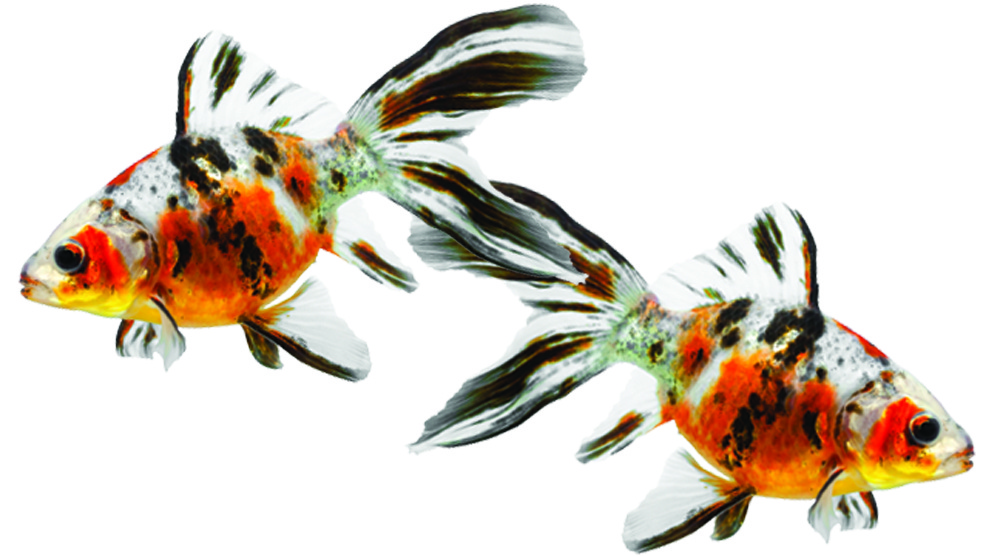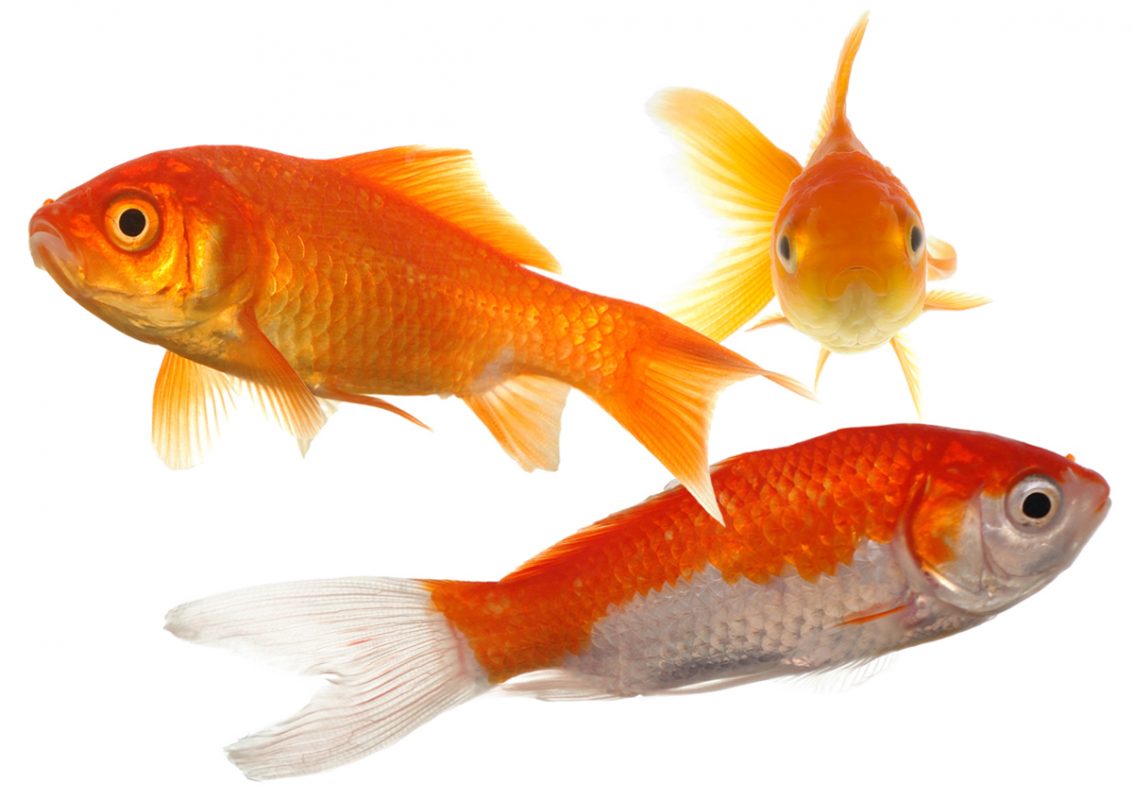19. Adding Fish to Your Pond
No pond would be complete without the addition of fish. Not only do they provide a dash of color under the water, but they add to the enjoyment of your pond and quickly become beloved pets. Fish and scavengers also play an important role in ecological balance, and control of insects and algae in the pond.
Great care should be taken when selecting any pond fish and a reputable, responsible dealer is a must. All fish should be held in advanced quarantine systems with state-of-the-art filtration for at least two weeks. During this period all fish should be treated for disease and damage to fins and bodies that may have resulted from shipping.

Quarantined fish should be fed high quality foods then the fullest and the most robust are transferred to smaller outdoor ponds for observation. Once they appear disease-free, they are offered for sale. Observe them carefully for soundness and overall health at the dealer, and watch them carefully once you take them to your pond. Awareness of their normal appearance and behavior combined with good nutrition and good water quality will keep your fish healthy and happy for many, many years. AquaLife Complete will help maintain good water quality when adding your first fish and as you add new ones to your pond.
Add them to your pond during the active part of the season, spring and summer. Your fish will have plenty of time to acclimate and become conditioned for the winter months when they are not feeding.
If you’re adding fish and other livestock to a new pond, make certain the water is free of chlorine. Chlorine is deadly to all fish! ALWAYS add DeChlorit before adding livestock to a new pond and after cleaning and topping up evaporated water.

Koi

Koi are one of the best fish for the conventional garden pond. These graceful beauties are very colorful and easily tamed. Nothing compares to the pleasure of hand feeding these wonderful pets. These magnificent fish can grow to lengths of 36″. This massive size is rarely seen in home ponds, but 24″ is not unusual. Start with small domestic or imported Koi in relation to the size of your pond. Additionally, large numbers of Koi require heavily filtered ponds designed from the start to support Koi. (See the Solution 4 on filtration.)
Koi are true scavengers and, with the larger-sized Koi, they can uproot and eat plants. If your Koi are eating leaves and stems, protective netting may be necessary to keep them away from oxygenating plants and lilies. Digging and rooting in the plants also stirs up a good deal of silt. A deep layer of heavy gravel in pots helps reduce silt.

Shubunkins
Shubunkins have the shape of traditional goldfish, but with shades of red, yellow, blue, orange, and black. They are graceful fish with lovely, long tails. Friendly and very hardy, these fish are great additions to the pond community.


Comets

Comets are a traditional fish who range in color from orange to bright red. Sarasa comets are bright red with splashes of white. All comets are extremely hardy and are great scavengers. They can live contentedly with other pond inhabitants for many years.

Fantails
Fantails are hardy and have a slightly shorter body relative to total length and a very outstanding double tail. They range in color from solid orange to red with white and calico. They are slow swimmers and are very tame and friendly.



